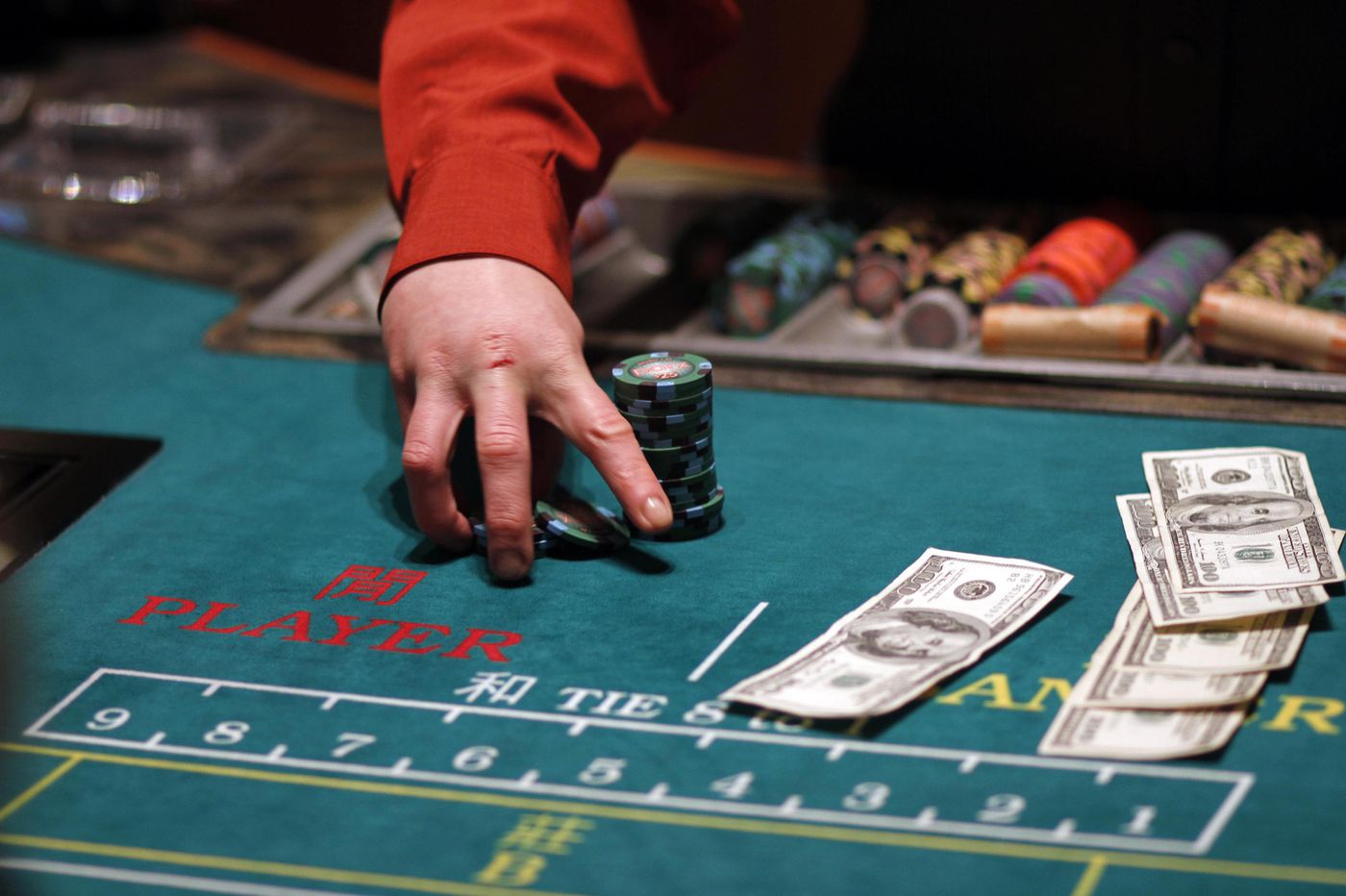Northstar Problem Gambling Alliance 1935 West County Road B2, Suite 420 Roseville, MN 55113 Email: info@northstarpg.org Phone: 612-424-8595 Fax: 651-636-6757 MN STATE HELPLINE 1-800-333-4673 (HOPE) Problem Gambling Chat Help Line. Many factors may increase a person's chances of developing problems with gambling. Sometimes people find that other issues they are experiencing in their lives are the tipping point and they turn to gambling to escape. Society condones gambling, and sees it. No deposit bonus spins are exclusive to new Winward Casino customers only. The bonus can be applied once only. Winnings from no deposit spins are capped at $100, and free Reddit Problem Gambling spins winnings must be wagered 20x. Bonus funds must be wagered 35x before you can cash out winnings.
The word addiction comes from a Latin term meaning “bound to” or “enslaved by.” And anyone who has suffered/suffers from an addiction—or has tried to help someone with an addiction—can attest to the powerful, prolonged grip it exerts; the personal, professional and other damage it causes; and the challenges to quitting.
This is especially true of online gambling, which is diagnosed according to the same criteria as “traditional” in-person gambling. Features such as 24/7 availability, however that make it potentially more addictive and harder to recover from than gambling at a casino or other physical location. The internet also has made gambling accessible to minors who typically would be identified as under age at a physical betting establishment. Consequently, it has spawned a new generation of problem gamblers: teens and young adults, particularly young men.
Definition and Risks of Gambling Addiction
According to the Diagnostic and Statistical Manual of Mental Disorders (DSM-5), the American Psychiatric Association’s classification for psychiatric disorders, a person can be diagnosed as having a gambling addiction (the clinical term is “pathological gambling”) when at least 4 of the following are present:
- Preoccupation with gambling (such as reliving past gambling experiences, planning one’s next gambling session, or devising ways of getting the necessary money to gamble)
- A need to spend greater amounts of money in order to achieve the desired level of excitement
- Multiple unsuccessful attempts to reduce or stop gambling
- Irritability and restlessness when trying to reduce or quit gambling habits
- Gambling as a way of avoiding problems or temporarily improving one’s mood
- Returning to gambling after losses as a way of earning back lost money (referred to as “chasing losses”)
- Lying to family members, friends, employers and others in an attempt to cover up time spent or money lost while gambling
- Significant relationship, job and/or academic difficulties
- Relying on others for money in order to get out of a desperate financial situation caused by gambling
Like people suffering from alcohol or drug addiction, compulsive gamblers are at high risk for serious social, work-related, financial, emotional and even legal and physical problems. Compulsive gambling has been linked to a range of mental health issues (depression, anxiety/panic disorder and personality disorders, for example); poor general health; drug, alcohol, and nicotine dependence; and in extreme cases, suicide.
Gamblers aren’t the only ones hurt by their behavior. Family members often suffer problems such as stress-related physical and mental illness (e.g., headaches, high blood pressure, anxiety, depression), loss of trust, domestic violence, severe financial hardship, and breakdown of the family structure. Children with parents who have gambling problems are up to 10 times more likely to develop gambling problems themselves than children whose parents aren’t gamblers.
How Online Gambling Aggravates Addiction
There are characteristics of internet gambling that make it potentially more dangerous than betting at a physical location:
- Online gambling sites are accessible 24/7 from anywhere there’s an internet connection. It takes more effort to get to a casino and other “brick and mortar” venues, and some of them don’t operate around the clock.
- If a problem gambler spends several days in a row at a casino or racetrack, his/her absence is likely to be noticed. Online gamblers can play via computer or mobile device at work, home, or anywhere there’s an internet connection at any time of day without being missed or revealing what they’re doing.
- Online gambling at home provides greater convenience, anonymity and comfort than playing in a casino. In private, it’s easy for players to place bets after heavy consumption of drugs or alcohol, which can increase the amount of time spent gambling and money wagered.
It’s easy for people to access their bank account online, whereas at a physical location, it takes more effort such as withdrawing money from a bank machine. This increases the likelihood of impulse betting and “chasing losses.” - On the internet it’s easy to forget that electronic money is still real money. Gamblers may be able to use a credit card to deposit funds they can’t necessarily pay back into an online account that they can access as other resources dry up.
- A lot of internet gambling websites are registered in locations where online gambling is legal, but not necessarily well regulated. It can be hard to know who is running them or whether they are legitimate. This makes it hard to take action against them when problems arise.
- It’s easier for traditional betting locations to ban underage or problem gamblers. Online gambling sites may have policies on restricting access, but their ability to enforce them is unclear. Thus, the only real limit is an individual’s self-control. For people who are prone to addictive behavior, obsession easily overrides willpower.
- An important part of gambling addiction treatment is having a strategy to avoid play. With online gambling, avoiding this temptation is significantly more difficult.
Tell-Tale Signs of Gambling Addiction
So how can you tell whether you or someone you care about has an online gambling problem? Common signs include:
- Time spent online gambling is out of proportion with other activities.
- Schedules are rearranged to permit more time for online gambling activities.
Size and/or frequency of bets increases. This is often a sign of chasing losing bets and trying to catch up. Unlike addicts, social gamblers can accept their losses and walk away. - Boasting about winning and minimizing losses. Flaunting large amounts of money.
- Going online to gamble when faced with a crisis or a stressful situation.
- Experiencing mood swings—extreme highs when winning and extreme lows when losing.
- Hiding money, unusual and/or unexplained withdrawals from family bank accounts, secret loans and questionable financial deals. When a compulsive online gambler is caught in one of these behaviors, he/she will lie and minimize its importance.
Treatment Options
Addiction is a chronic disease that with time, patience and willpower can be successfully managed. Because denial keeps an addiction going, the first crucial step in recovery is admitting there’s a problem and being receptive to help.
People become compulsive gamblers for a variety of reasons, so each individual requires a specifically tailored recovery program that addresses his/her motives. Appropriate treatment for online gambling addiction is still being researched, but a combination of treatments for traditional gambling addiction and for internet addiction seems to work best. This can include individual and/ or family counseling and participation in a support group such as Gamblers Anonymous. Cognitive behavioral therapy (CBT) can help compulsive gamblers/internet users understand the thoughts and feelings behind their behavior and develop strategies to avoid and overcome them. In extreme cases, inpatient treatment may be necessary initially as a sort of “detox.”
Family, friends, and coworkers adversely affected by the gambler’s behavior can also benefit from treatment—regardless of whether the gambler is in treatment. Those who think they have a gambling problem can call 1-800-GAMBLER to speak confidentially with someone 24/7. Gamblers or family members can visit 800gambler.org for more education and information. This may also include participation in a support group like Gam-Anon; family and individual counseling; education on problem gambling including recovery and relapse triggers; and strategies for coping with anger and loss of trust, keeping healthy boundaries, and ensuring financial protection.

Recovery and Relapse
Relapse is a common struggle for anyone in recovery, but the problem for online gamblers is compounded by the pervasive need for and use of computers, mobile devices and the internet in today’s world. Even so, as a recovering online gambler addresses the thoughts and feelings behind the compulsion and builds healthier choices and a good support network, resisting urges becomes much easier.
Related Topics

Reddit Problem Gambling Winnings
If you found this topic interesting or helpful, here are some related topics to check out:
Reddit Problem Gambling Sites
Or if you enjoyed this resource, print a copy for a friend.